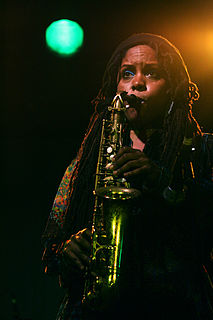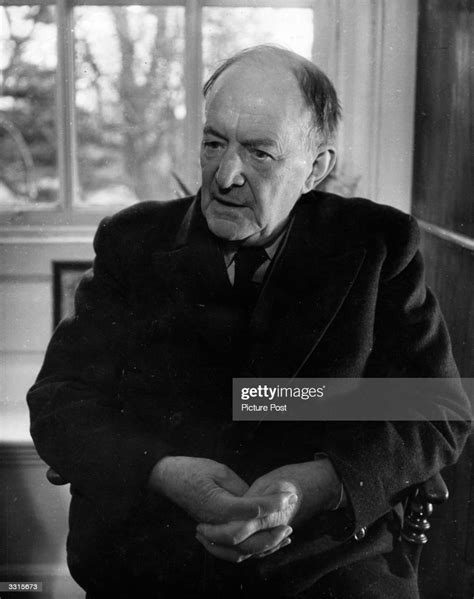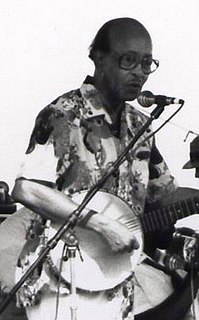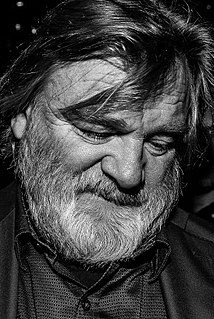A Quote by George Crumb
The rhythms of nature - the sounds of wind and water, the sounds of birds and insects - must inevitably find their analogues in music.
Related Quotes
The darkness grew apace; a cold wind began to blow in freshening gusts from the east, and the showering white flakes in the air increased in number. From the edge of the sea came a ripple and whisper. Beyond these lifeless sounds the world was silent. Silent? It would be hard to convey the stillness of it. All the sounds of man, the bleating of sheep, the cries of birds, the hum of insects, the stir that makes the background of our lives - all that was over.
We listen too much to the telephone and we listen too little to nature. The wind is one of my sounds. A lonely sound, perhaps, but soothing. Everybody should have his personal sounds to listen for-sounds that will make him exhilarated and alive, or quiet and calm... As a matter of fact, one of the greatest sounds of them all-and to me it is a sound-is utter, complete silence.
When music sounds, gone is the earth I know, And all her lovelier things even lovelier grow; Her flowers in vision flame, her forest trees Lift burdened branches, stilled with ecstasies. When music sounds, out of the water rise Naiads whose beauty dims my waking eyes, Rapt in strange dream burns each enchanted face, With solemn echoing stirs their dwelling-place. When music sounds, all that I was I am Ere to this haunt of brooding dust I came; And from Time's woods break into distant song The swift-winged hours, as I hasten along.
One of my pleasantest memories as a kid growing up in New Orleans was how a bunch of us kids, playing, would suddenly hear sounds. It was like a phenomenon, like the Aurora Borealis -- maybe. The sounds of men playing would be so clear, but we wouldn't be sure where they were coming from. So we'd start trotting, start running-- 'It's this way! It's this way!' -- And sometimes, after running for a while, you'd find you'd be nowhere near that music. But that music could come on you any time like that. The city was full of the sounds of music.






































